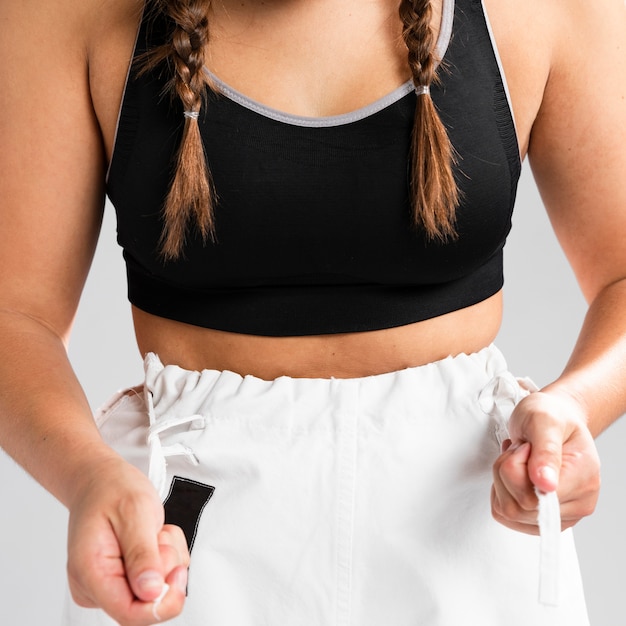
If you’re trying to lose weight, you might think counting calories and eating less is the key. But that’s not necessarily true, says Terry Fairclough, a personal trainer and co-founder of Your Body Programme.
As a personal trainer, I’ve heard many different opinions about the best diet for weight loss. Should we be counting calories? Going low-fat, low-carb, or high-protein? Fasting? Eating small, regular meals?
While a calorie deficit diet can lead to weight loss, it doesn’t always mean losing fat, which is what most people really want. It’s important not to under-eat. Sure, cutting calories can make you lose weight, but it often leads to losing stored carbohydrates and water, not fat. Your body might panic and hold onto fat while breaking down protein instead.
Protein is essential because it helps burn fat to fuel muscles at rest. So, you need enough calories with the right mix of fats, carbs, and protein. Cutting fat out completely is a mistake too. Fat is your body’s most efficient and long-lasting source of fuel, providing more than twice the energy compared to carbs or protein. Fat is crucial for exercise and overall energy.
If you cut calories and macronutrients too much, you can suffer nutrient deficiencies, which affect your immune system, liver, and digestion, slowing your metabolism. Issues like fatigue, malnutrition, osteoporosis, anemia, hormonal imbalances, and even fertility problems can arise.
Extreme calorie deficits stress your body out. When stressed, your body releases cortisol, which breaks down fuel for quick energy. While short-term stress might cause weight loss, long-term stress has the opposite effect, leading to fat gain, especially around the belly, and slowing your metabolism.
Furthermore, under-eating impacts your digestion and absorption of essential nutrients, hindering your weight loss and overall health. It also affects sleep; low blood sugar can wake you up and disrupt your rest, leading to a chain reaction of health problems and weight gain.
I’ve worked with bodybuilders who restrict calories to get lean but then increase them post-competition. Those who don’t manage it properly can become ill. Constantly cutting calories can slow your metabolism so much that weight loss feels impossible because your body clings to calories as fat, fearing famine.
The takeaway is to eat the right number of calories, carbs, fats, and protein for your body type, goals, and lifestyle. At Your Body Programme, we help people figure this out based on their specific needs. Increasing your calories wisely can actually help you lose fat.
Eat plenty of lean proteins like beef, chicken, eggs, fish, pulses, legumes, tofu, and tempeh. Include healthy carbs from fruits, veggies, sweet potatoes, quinoa, brown rice, and whole wheat pasta. Don’t forget healthy fats like avocado, nuts, seeds, and olive oils.
Remember, you only have one body. Help it thrive by nourishing it properly and keeping your metabolism running strong.